(MOKO)
About this project
Pictured below:
MOKO Team hui with Marae-based Research Coordinators held at Mataatua Marae, Māngere, November 2020. MOKO Launch at Te Noho Kotahitanga Marae, Unitec Mt Albert, Auckland, March 2020. Each of the five marae representatives are holding copies of the Memorandum of Understanding signed in partnership with the Research Centre.
Key Insights
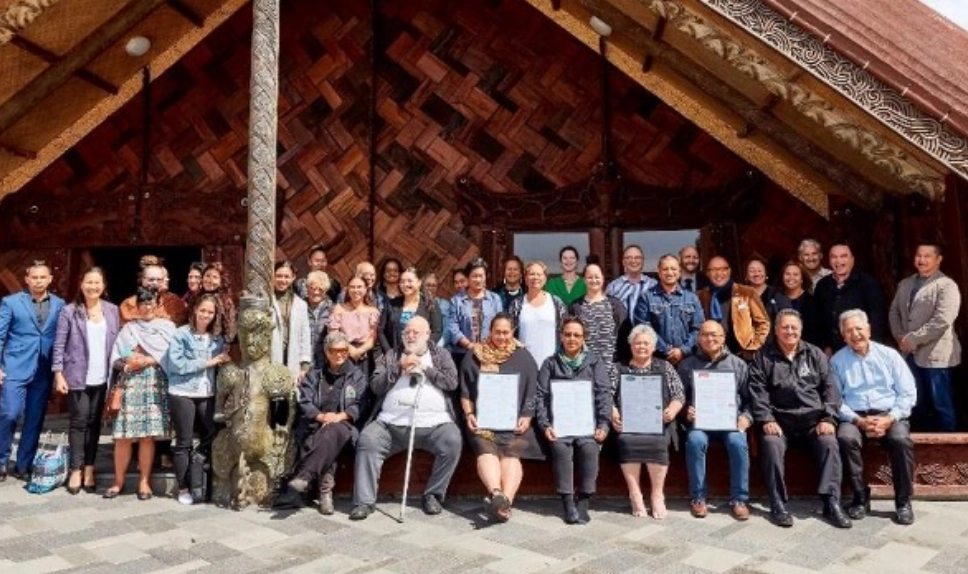
Research Aim
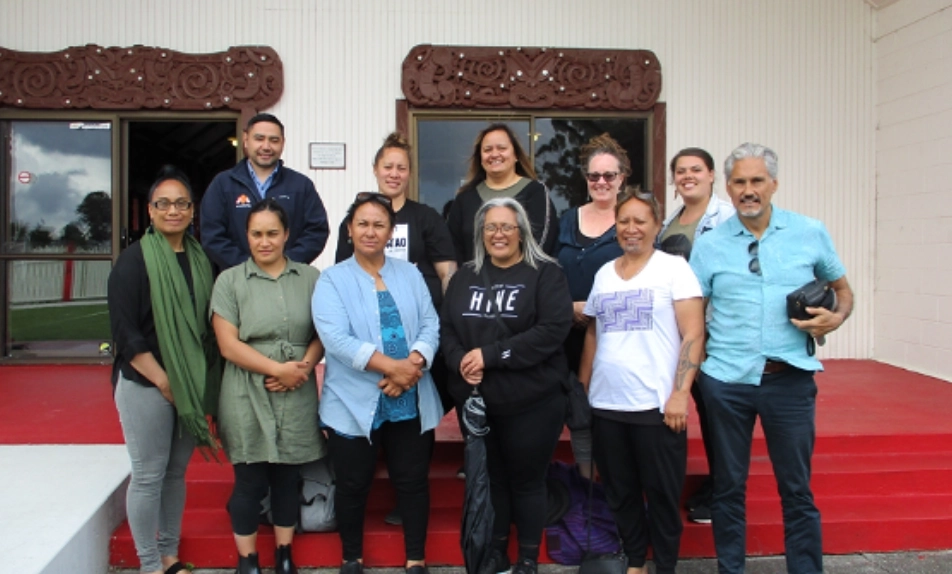
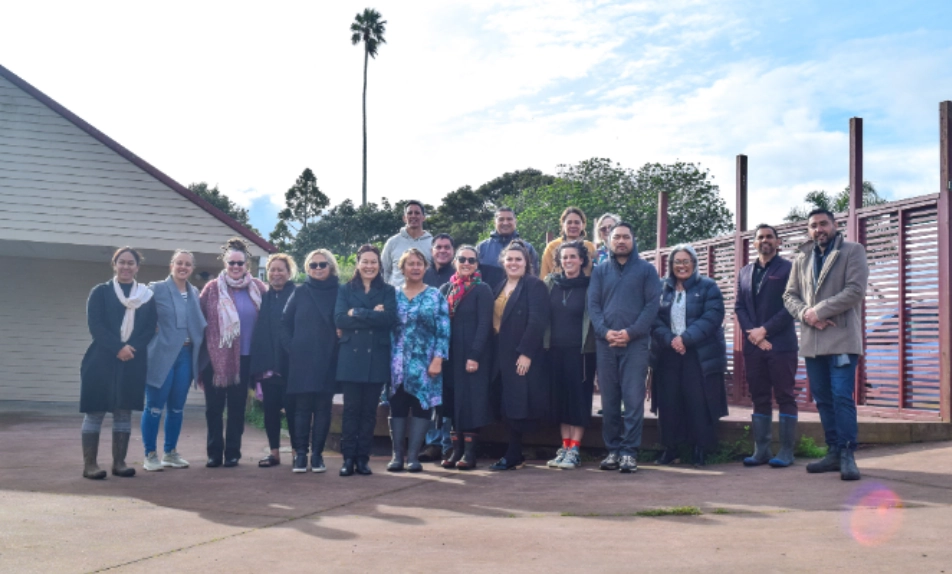
Our Research Team
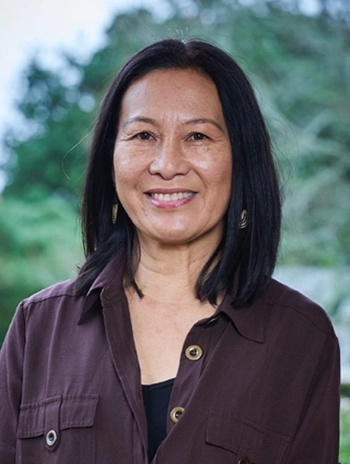
Dr Jenny Lee-Morgan
(Waikato, Te Ahiwaru, Ngāti Mahuta)
Rau Hoskins
(Ngāti Hau, Ngāpuhi)
Kim Himoana Penetito
(Ngāti Hauā, Ngāti Tamaterā, Raukawa)
Dr Catherine Mitchell
(Taranaki)
Dr Jo Mane
(Ngāpuhi)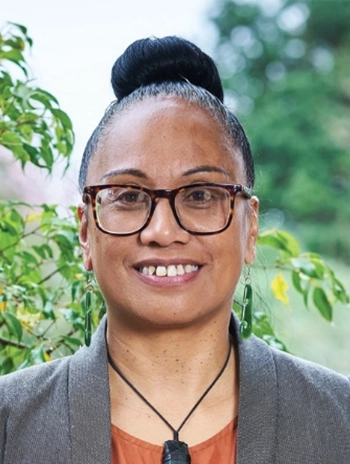
Ngahuia Eruera
(Ngāti Awa, Ngāi Tūhoe, Tūhourangi, Ngāti Tamatera)
(Waikato, Te Ahiwaru, Ngāti Mahuta)
Dr Jenny Lee-Morgan
is a senior kaupapa Māori researcher. Formerly the inaugural Director of Ngā Wai a te Tūī Māori and Indigenous Research Centre, Unitec, Jenny has led several large community centred research projects. Currently she is also a Trustee of Te Ahiwaru Trust and Te Motu o Hiaroa Charitable Trust.

(Ngāti Hau, Ngāpuhi)
Rau Hoskins
is a renowned Māori practitioner, researcher and educator in Māori architecture, housing and cultural landscape design. As the founding Director of DesignTribe architects, a board member of Toi Ngāpuhi and Trustee of Te Matapihi, Rau works closely with iwi and agencies to advocate for better Māori housing solutions.

(Ngāti Hauā, Ngāti Tamaterā, Raukawa)
Kim Himoana Penetito
has a Masters in Māori Development, and a background in Kaupapa Māori community development, training and education. She is the co-director of Hauā Partnerships and a researcher at Pūrangakura.

(Taranaki)
Dr Catherine Mitchell
is a senior researcher with a PhD in higher education from the University of Auckland. Cat works across a range of projects including Marae Ora Kāinga Ora, Marae ki te Kāinga and Digital Twin: Ihumataao.

(Ngāpuhi)
Dr Jo Mane
is a senior kaupapa Māori researcher. As part of a community-led initiative, Jo was integral in the establishment of tribal radio in Ngapuhi. Her Masters study documented a history of the radio station Tautoko FM and her doctoral thesis studied ‘The Impact of Māori Language Broadcasting on Māori Language Survival’.

(Ngāti Awa, Ngāi Tūhoe, Tūhourangi, Ngāti Tamatera)
Ngahuia Eruera
brings a wealth of business solutions and operational management expertise from her background and senior leadership roles in sports, tertiary education (Wānanga) and research sectors. A home-grown ‘pa’ girl she is passionate about whānau wellbeing and hauora Māori, in particular marae development. She is currently a board member of the Auckland Mataatua Society Inc and Te Tini o Toi Housing Trust.
We are pleased to collaborate with other kaupapa Māori researchers:
Rihi Te Nana (BBHTC, BRANZ Ltd),
Irene Kereama Royal (Ngā Wai a te Tūī)
Dr Mohi Rua (University of Auckland)
Dr Jessica Hutchings (Tiaho Ltd)
Shirley Simmonds, Anaru Waa (Massey University)
Lena Henry (University of Auckland), Wayne Knox (Te Matapihi).
Our marae-based researchers included:
Pania Newton and Moana Waa (Makaurau Marae)
Hineamaru Ropati (Papatūānuku Kokiri Marae)
Harlin Raerino-Gray, Baari Mio (Mataatua Marae)
Krissy Bishop, Kahleyn Evans, Helena Stephens (Manurewa)
Greer Samuels
Roxanne Joyce
Luella Linaker (Papakura Marae).
We acknowledge Tu Tama Wahine o Taranaki as hosts of the project in its final phase.
Creative Pikitia Series
A pikitia (picture) series was commissioned to tell the important story of each marae’s interaction with their communities during the pandemic. The imagery, symbolism and a whakatauki/whakatauāki (proverb) or statement, captures a snapshot of each marae and their activity in the pandemic of 2020/21.
All six marae were stretched to host different services on site, to become food outlets and health contact points. They worked more collaboratively with Government and other c ommunity agencies and redeployed their workforce to frontline essential worker duties.
This Pikitia Exhibition is the voice of the six marae. Four of the six marae are located in Mangere. It is a privilege that Pūrangakura has been able to showcase the am azing community contribution of these marae and their whanaunga marae from Manurewa and Papakura at a South Auckland site, and with their local community at the Mangere Arts Centre.


When COVID – 19 hit Aotearoa forcing a national lockdown in February 2020, the MOKO research had just started out with each marae appointing a researcher from their whānau. Through the adversity of COVID, marae opened their doors and provided an extraordinary service to whole communities.
A pikitia (picture) series was commissioned to tell the important story of each marae’s interaction with their communities during COVID. Each marae whānau ensured important icons to their marae were included in the pikitia. Onsite visits and observation from the artist helped to fully understand the unique experience from marae to marae. The imagery, symbolism and a whakatauki/whakatauāki (proverb) or statement, captures a snapshot of each marae and their activity in the pandemic of 2020/21.

Resources and Publications
Lee-Morgan, J., Hoskins, R., Knox, W., Dennis, H., Henry, L., Nathan, L., Smiler, R., & Ratana, M. (2019). Tūranga ki te marae, e tau ana: Reimaging marae-based kāinga in Tāmaki Makaurau. Report of the Manaaki Tangata Programme at Te Puea Memorial Marae for Building Better Homes, Towns and Cities: Kāinga Tahi, Kāinga Rua, 79pp. Auckland: Ngā Wai a Te Tūī Press.
More Projects

DIGITAL TWIN

Marae ki te Kāinga

